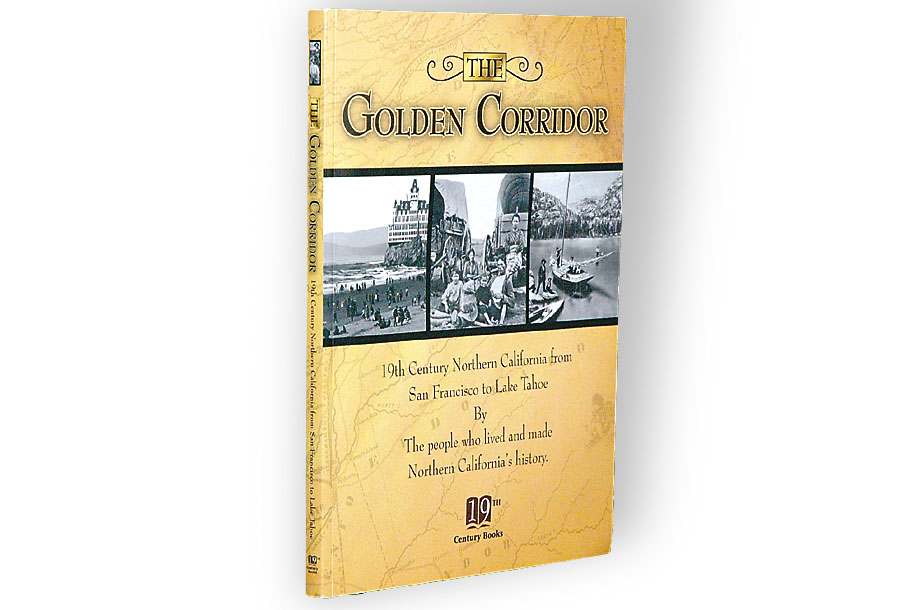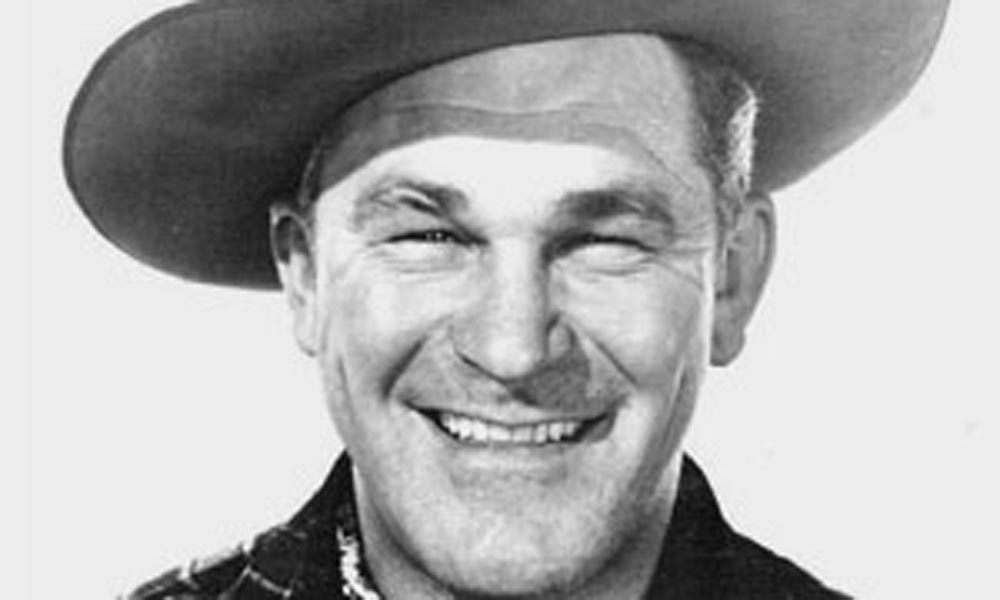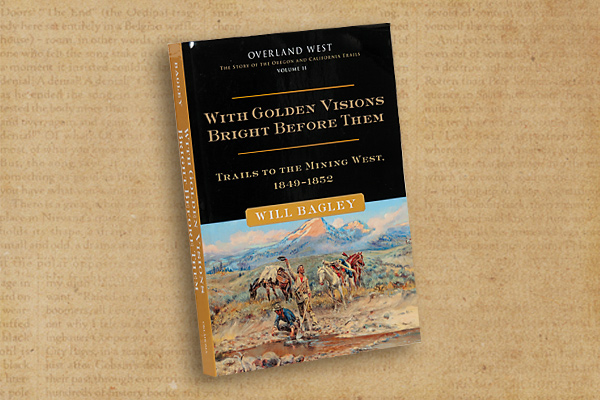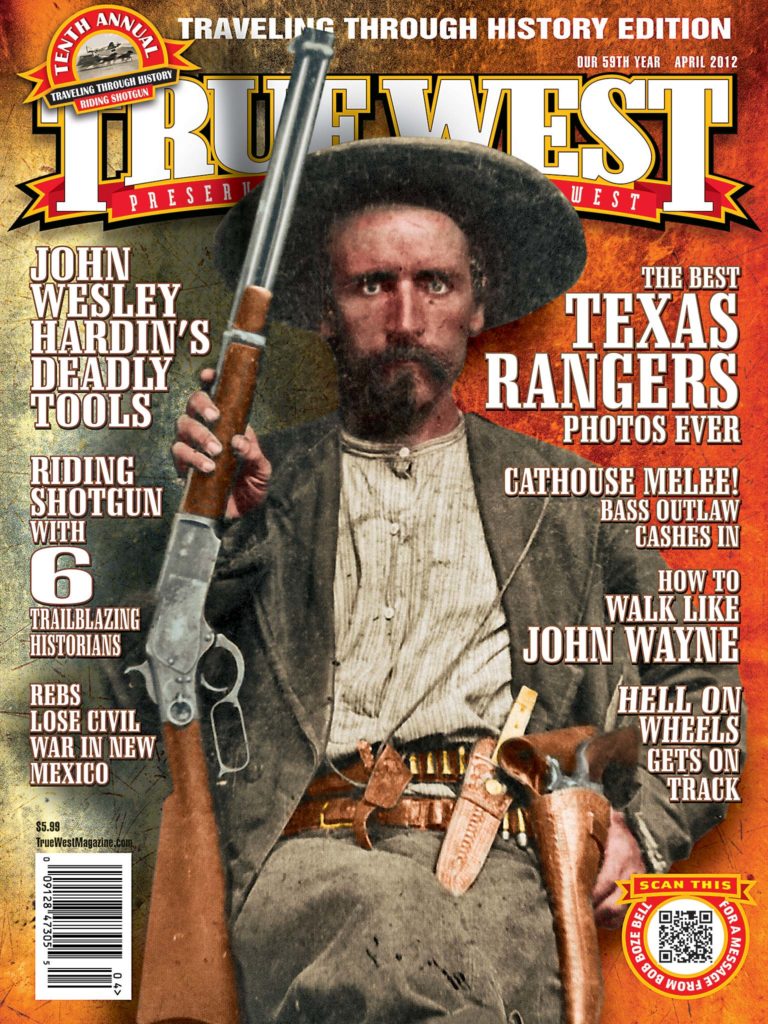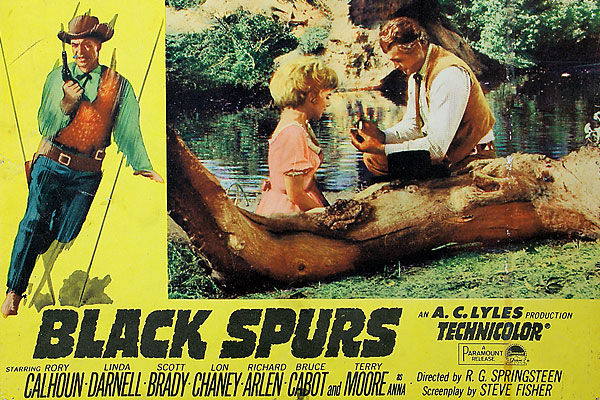 A.C. Lyles, 93 years young, vividly recalls the Western movies he grew up watching. But Tom Mix, Hoot Gibson or Fred Thomson didn’t bring him to Hollywood. Wings did.
A.C. Lyles, 93 years young, vividly recalls the Western movies he grew up watching. But Tom Mix, Hoot Gibson or Fred Thomson didn’t bring him to Hollywood. Wings did.
Actually, a train did. “One-way day coach,” he says. “Two loaves of bread, two jars of peanut butter and a sack of apples, and I was off.”
In 1928, Lyles saw the silent WWI epic movie Wings for his 10th birthday at a Paramount theater in Jacksonville, Florida. He loved that film so much he asked the theater manager for a job. Soon, he was passing out circulars advertising upcoming films on a street corner. No money, but he got to see the movies for free.
After meeting Paramount Pictures founder Adolph Zukor at the theater, he began writing the mogul every Sunday, saying how much he wanted to work for Zukor and learn the business.
When Gary Cooper came to Jacksonville, Lyles told the actor about his plans. Coop wrote a note for Lyles to stick in his next letter to Zukor: “Looking forward to A.C. Lyles being with us at the studio. He seems like a bright kid.”
By the mid-1930s, Lyles was on that train to Hollywood. In a story straight out of Hollywood, he wound up working as an office boy at Paramount, living on $18 a week. Zukor took the kid under his wing. So did director Cecil B. DeMille.
“One time, Mr. Zukor said, ‘We want you to look good. Buy a Cadillac,’” Lyles recalls. “I wrote that down in my notebook. Then Mr. DeMille says, ‘We want you to invest your money wisely, A.C. A good place to have a home is in Bel Air. Buy a lot and build a home in Bel Air.’ I wrote that down, too. And Mr. Zukor said to me, ‘Dress British, but think Yiddish.’ That became my creed.”
He learned from Zukor and DeMille how to make pictures. His career has gone from associate producer of Rawhide in 1959 to consulting producer for Deadwood in 2005-2006.
But he’s best known for producing low-budget Westerns for Paramount in the 1960s. They might not have gotten great reviews, but they usually opened overseas and made money before playing in America. Stage to Thunder Rock, Black Spurs, Town Tamer, Apache Uprising, Waco, Fort Utah. Not exactly Shane, The Man Who Shot Liberty Valance or True Grit, but, as Vincent Canby once wrote, “A.C. Lyles has been the most profitable producer in the history of Paramount Pictures.”
Lyles cast his friends in those Westerns: Dale Robertson, Rory Calhoun, Virginia Mayo, Jane Russell, Yvonne De Carlo, Brian Donlevy, Dana Andrews, Howard Keel. Even Richard Arlen, who had starred in Wings.
After 83 years in the movie business, he’s still at Paramount. “It’s a short resumé,” he says.
Paramount Pictures has an A.C. Lyles Building, but he has an office in the William S. Hart Building. And he lives—where else?—in Bel Air.
Of course, these days he spends more time giving eulogies. “I just got a call from Rhonda Fleming,” he says. “She said, ‘A.C., you give the best eulogies. It’s in my will that you give my eulogy.’ I said, ‘Just a minute, Rhonda, let me get my date book.’”
Maybe he missed his calling. He should have become a stand-up comic. But, no, Lyles just loves movies, especially Westerns.
“The first feature made was a Western, The Great Train Robbery [1903]. And Mr. DeMille made The Squaw Man [1914], which established Paramount in Hollywood. We’ve had so many great Westerns, and I see by the production charts, since True Grit did so well, several [Westerns] are going into production. I sure hope that’s true.”
Johnny D. Boggs does not drive a Cadillac or have a home in Bel Air, probably because his mentors weren’t Adolph Zukor and Cecil B. DeMille.


